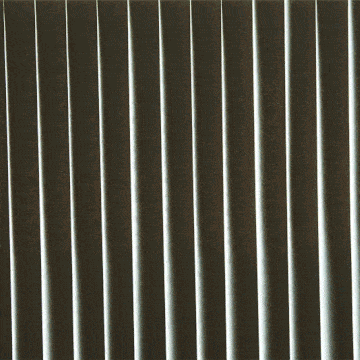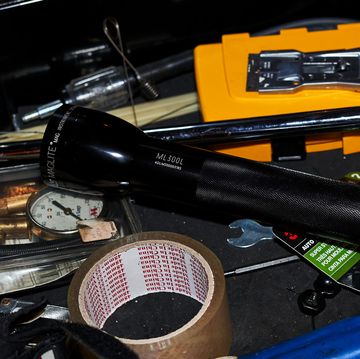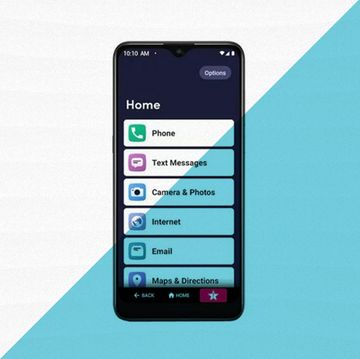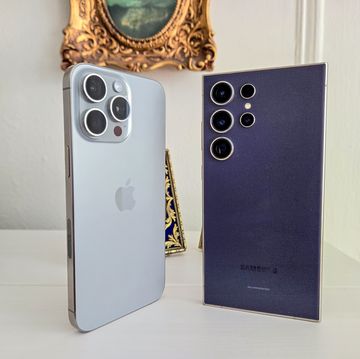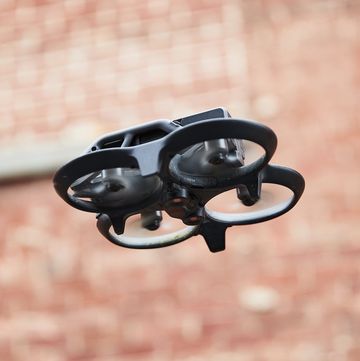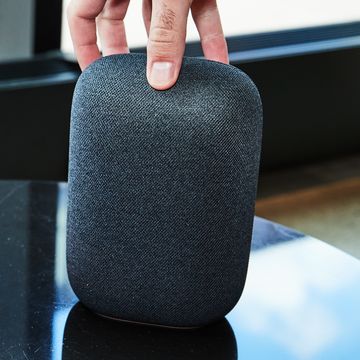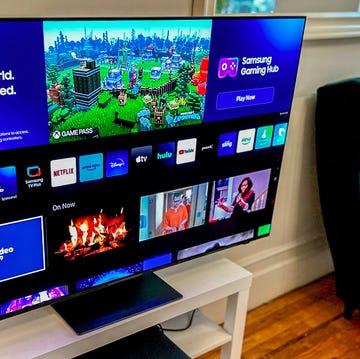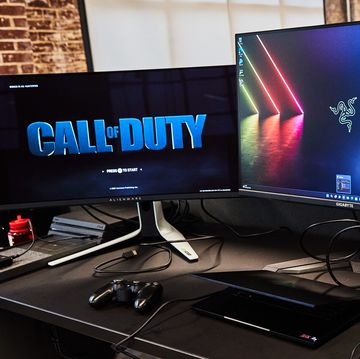Let's talk about Apple Watch's supposedly apocalyptic sales.
There's a story flying around about the Apple Watch's declining sales. According a market-research firm (which is to say "professional guesser"), sales of Apple's Hot New Wearable have nosedived by 90 percent. While estimates indicate that the Cupertino fruit company moved some 1.5 million wrist-computers in the first week it was on sale, new estimates suggest the rate has dropped from 200,000 a day to 20,000 a day or less. Oof! Sounds dire right?
Except it's really not. Not only is the Apple Watch the best selling smartwatch by an enormous margin. And even if it wasn't, it's a crucial stepping stone toward building the next iPhone.
It's easy to dogpile on the Apple Watch as a failure. Early hopes and dreams painted a picture of a health-tracking superwatch with a near-infinite battery that the current Apple Watch certainly is not.. In terms of battery life, it falls short compared to competitors like Pebble. It's priced for a geek-chic luxury market that may not actually exist. Reviews have been all over the spectrum, but far from universal praise.
But the Apple watch has already sold gangbusters—for a smartwatch. 200,000 a day to 20,000 a day is a big dropoff sure, but you have to have that whole 1.5-million-in-a-week thing in perspective to understand the full context. The biggest, boldest entry into the smartwatch space before Apple showed up was Pebble. You know, the company that smashed Kickstarter's all-time crowdfunding record in 2013 by raising $10 million in five weeks and then again in 2015 by raising $1 million in an hour and then over $20 million in total. Sounds reasonably popular, right? It took Pebble over a year to hit the 1 million mark after it went on sale at Best Buy. Estimates suggest that all Android Wear watches combined only hit the 720,000 mark in 2014.
The obvious counterpoint is that the first week of sales was all hype. Maybe so, but at 20,000 a day over the course of a year, Apple would still crush existing smartwatch sales records seven times over. At 10,000 a day, three times. There's still plenty of room for sales to taper off while still being astronomically high in context. And this is a product that, by virtually all accounts, is flawed.
Now factor in a second variable. One of the largest keys to Apple's success—and the skill for which Tim Cook is most famous—is managing supply lines. It's a seemingly more boring task than ~innovation~, but is just as important if not moreso. The sweet spot isn't so much selling out (that leaves money on the table) or underselling (that leaves extras in stock which is arguably even worse), but selling exactly what you expect to. That is, selling the most that you reasonably can.
The infrastructure required to make Apple Watches in an investment in all sorts of things. Most obviously, it's an investment in future Apple Watches. But perhaps more interestingly, the Apple Watch is the first place we've seen Apple's Force Touch screens, touchscreens that register pressure in addition to touch. Rumor has it these are destined for the iPhone 6S (no doubt a huge seller) and a potentially giant iPad Pro. Ditto the Taptic Engine, the mechanism the Apple Watch uses to make its haptic feedback feel more like a tap than a buzz. One that's apparently a little tough to make. Both of these are further related to the same tech that lets the Macbook's new motionless touchpads feel like they're clicking when they aren't at all.
Without the groundwork the production of the Apple Watch laid, there would likely be no way to produce these vital bits of tech in the mass quantities that'll be required when they make it to iPhones and iPads. Any watch sales let Apple to make money off of tech that's not yet ready for iPhone primetime. And should the Apple Watch somehow fail completely (which I'd argue is pretty unlikely), the sales Apple already has—especially on the higher margin models—are directly funding the continuing improvement of the Apple products that are still selling like hotcakes. And should the Apple Watch really take off in version two or three, Apple will be ready.
None of this is to say that Apple Watch sales won't continue to taper off. Nor is it to say that Apple's try at smartwatches has necessarily blown the market wide-open. It's not to say the Apple Watch is remotely worth buying. It's just that these falling sales aren't necessarily indicative of some world-ending misstep on Apple's part. There's a lot more at stake than whether you have an Apple Watch on your wrist right this second. And while a casual observer might forget that, Cupertino sure won't.




